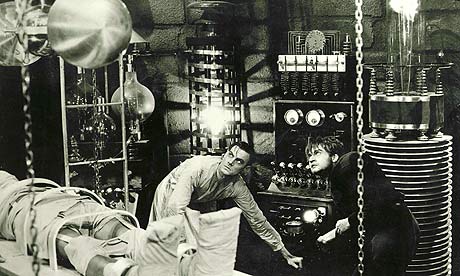Too much of a good thing: Growth in wind power makes life difficult for grid managers
http://www.oregonlive.com/business/i...ing_growt.html
posting, cause i'm tired of the doom/gloom peak oil news.
http://www.oregonlive.com/business/i...ing_growt.html
Suddenly, almost two nuclear plants worth of extra power was sizzling down the lines -- the largest hourly spike in wind power the Northwest has ever experienced.

Comment